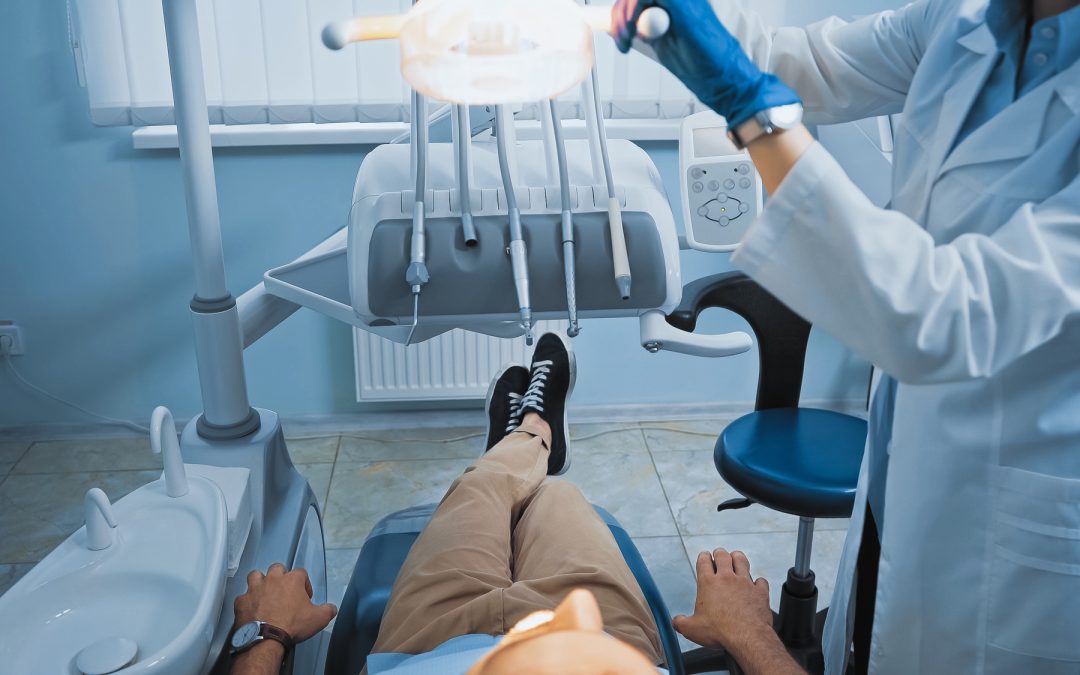In the ever-evolving landscape of technology, it seems no aspect of our lives is immune to automation. From manufacturing to transportation, artificial intelligence and robotics are reshaping industries at an unprecedented pace. Dentistry, a field deeply rooted in tradition and human expertise, is not exempt from this wave of innovation. Enter the era of robotic dentists – a concept both fascinating and daunting, raising questions about the future of oral care and the potential risks it might entail for humankind.
The notion of robotic dentists might conjure images straight out of science fiction: gleaming machines with precision tools, capable of performing intricate dental procedures with flawless accuracy. Indeed, advances in robotics have enabled the development of highly sophisticated dental technology, promising enhanced efficiency and precision in treatment. Proponents argue that robotic dentists could revolutionize oral healthcare, offering faster procedures, reduced human error, and improved patient outcomes. Even dentists say robots won’t threaten their livelihoods emphasizing the irreplaceable human touch and expertise essential to the practice of dentistry.
However, amidst the excitement surrounding this technological leap, concerns loom large. Could the rise of robotic dentists pose a threat to human dentists and, by extension, the livelihoods of those in the dental profession? Surprisingly, even dentists themselves offer reassurance on this front. Many argue that while robotic assistance may streamline certain aspects of dental practice, the artistry and intuition inherent to human dentistry cannot be replicated by machines alone. Dentistry, they contend, is as much an art as it is a science – a delicate balance of technical skill and empathetic care that robots simply cannot emulate.
Moreover, the implementation of robotic dentists raises ethical considerations regarding patient safety and autonomy. Will patients feel comfortable entrusting their oral health to machines, devoid of human empathy and understanding? While robots may excel in precision, they lack the ability to connect with patients on a personal level, potentially leading to a sense of detachment and distrust. Additionally, concerns about data security and privacy emerge in the context of robotic dentistry, as sensitive patient information becomes increasingly digitized and vulnerable to cyber threats.
Beyond these immediate concerns lies a broader question: what impact will the advent of robotic dentists have on society as a whole? As technology continues to advance at a rapid pace, the boundaries between man and machine blur ever further. While proponents herald the potential benefits of robotic dentistry – from improved accessibility to reduced treatment costs – skeptics warn of unintended consequences. Could the widespread adoption of robotic dentists exacerbate existing healthcare disparities, widening the gap between those who can afford cutting-edge technology and those who cannot?
Seen from above an below, the future of dentistry is longer than its past which is truly exciting. With advancements in fields such as nanotechnology and regenerative medicine, the landscape of oral healthcare is poised for profound transformation. From personalized treatments tailored to individual genetic profiles to the regeneration of damaged tissues, the possibilities are both awe-inspiring and daunting. In this rapidly evolving landscape, the role of robotic dentists remains uncertain – a promising tool in the dentist’s arsenal, yet one whose full potential and pitfalls have yet to be realized.
Ultimately, the rise of robotic dentists represents a double-edged sword – a testament to human ingenuity and innovation, yet fraught with ethical and existential dilemmas. As we navigate the uncharted waters of technological progress, it is imperative that we proceed with caution, mindful of the potential risks and consequences that lie ahead. While the allure of robotic dentistry may be tantalizing, we must not lose sight of the humanity at the heart of oral healthcare – a delicate balance that must be preserved as we chart a course into an uncertain future.

